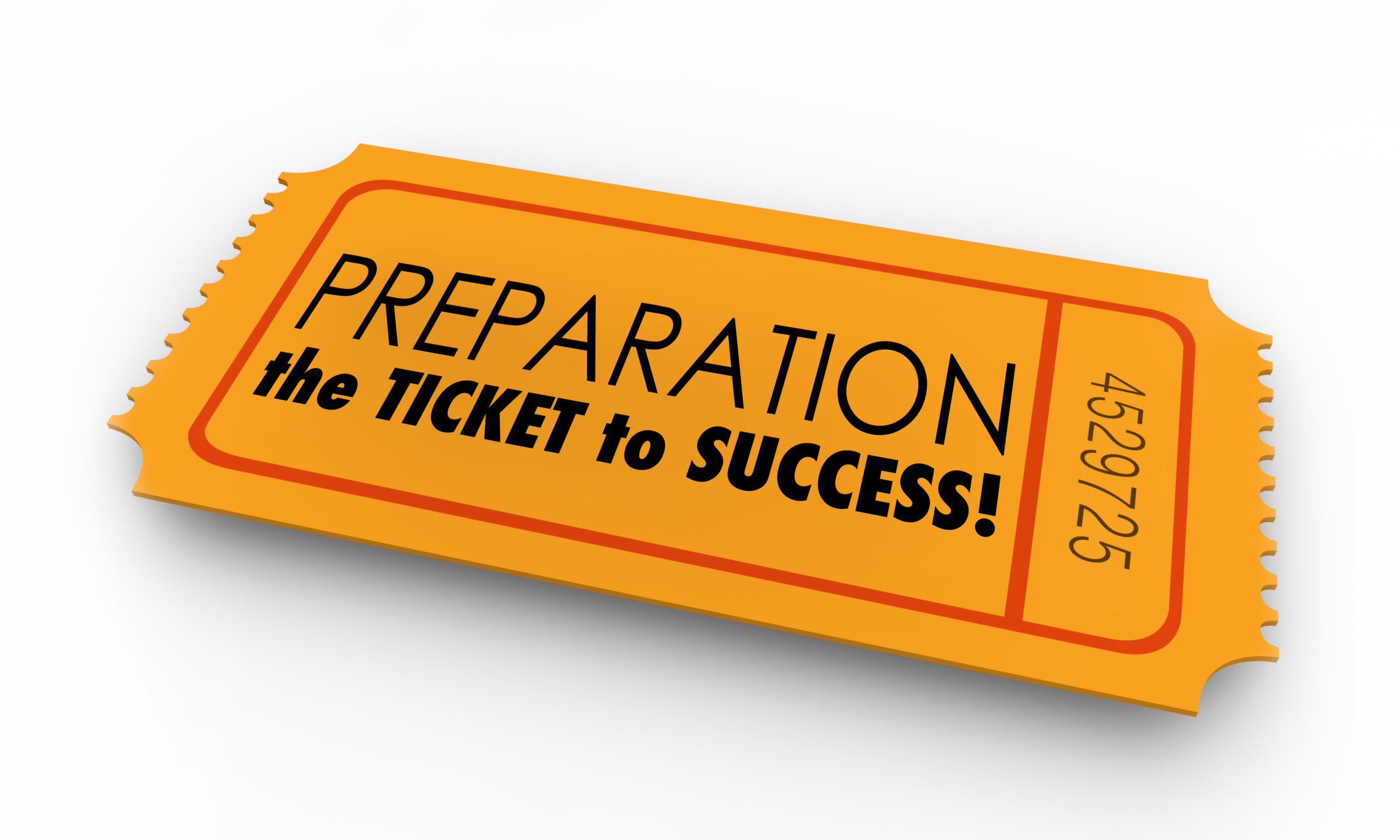Do These 4 Things to Prepare to Buy a House

If you’re thinking of buying a house in the next 6 – 12 months, it’s time to prepare your finances. Getting a mortgage is easy when you have your finances in order. The more you prepare now, the easier it will be and the better terms you’ll get because you’ll have exactly what lenders need.
Check out the top 4 ways you can prepare yourself today.
- Check your credit
You don’t need to know your credit score, but at least know your credit history. Until April 2021, everyone has free weekly access to their credit report from www.annualcreditreport.com. Pull your reports and check your tradelines often to see what changes you may need to make.
Do you have any late payments you need to bring current? Are there collections you need to handle? Also, check your credit card balances versus your total credit line. If you have more than 30 percent of your line outstanding, try paying your balances down.
- Pay down your Debts
Even if you have less than 30 percent of your credit line outstanding, look at your debt-to-income ratio. This is a comparison of your outstanding debts to your gross monthly income (income before taxes). Ideally, your new mortgage payment plus your existing debts shouldn’t exceed 36 percent of your gross monthly income.
- Check your Savings
How much money do you have to put down on the home? FHA loans require a 3.5 percent down payment and conventional loans at least 5 percent. On top of the down payment, you’ll have closing costs which are around 3 percent to 5 percent of your loan amount.
Let’s say you buy a $250,000 home. You’d need a minimum of $8,750 for a down payment plus $7,500 for the closing costs. Lenders look at the last two months of your bank statements to see how much you have saved. If you have any large deposits within that time, you’ll need to prove the origination to ensure they aren’t another loan.
- Keep your Employment Steady
Lenders prefer that borrowers have at least 2-year employment history. With a stable employment history and steady income, you have a lower chance of default, which is what lenders look for.
If you changed jobs recently, you must prove the likelihood of succeeding at the job. Typically, if it’s within the same industry and the income is about the same (or higher), lenders accept it. If you changed industries, however, you may have to prove that you have what it takes to succeed, such as going back to school or undergoing special training.
As soon as you know you’re ready to buy a house, start preparing your finances. The more organized you are and the better answers you have for lenders, the easier it is to get approved. It’s always a good idea to get pre-approved before you shop for a home so you know how much you can afford and what lenders need.